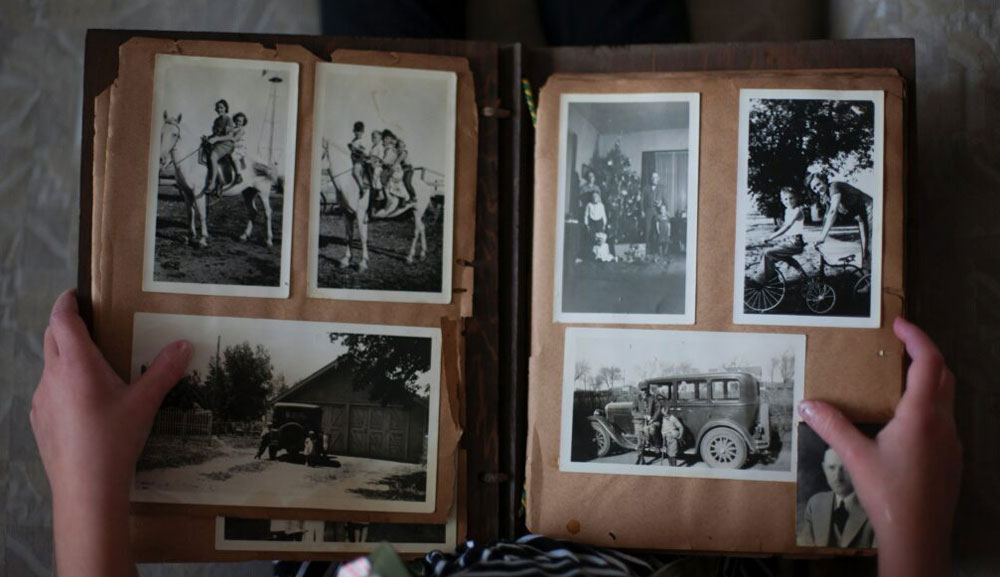If you’re like most people interested in this topic, you’ve written a legal will that properly disperses your worldly goods. But have you thought about your legacy beyond that? How often have you wished for a letter or something from your grandparents, spouse, or another loved one? That’s exactly what an ethical will is.
Tell Your Story
You don’t have to be famous or have served in a war zone to have a story that’s worth sharing. Your loved ones are interested in your life and your values. As you communicate your values, you start to live your life more intentionally, and your family and friends will rise to meet you.
Writing an Ethical Will
Don’t worry if you’re not confident in your writing skills. There are examples online to help you. You could also digitally record it if talking is more comfortable for you. Just be aware that video and audio recording technology can quickly become obsolete. So it’s more than a list of value statements. It’s a chance to share your life experience.
Think back to some transformative experiences in your life. For example, your first job, the death of a pet, etc., then tell those stories and share what changed for you because of them.
What Not to Include in a Legacy Letter
These letters are meant to provide love and comfort to your family and friends. So, you don’t want to include recriminations, regrets, or manipulation. The last thing you want is your family to feel like you’re purposely trying to hurt them with this letter.
If you’re at all unsure, show your ethical will to a trusted friend so they can point out any potential pain points.
More Information
For more information, check out these great books on the subject.
The Forever Letter: Writing What We Believe For Those We Love
The Workshop Edition of SO GROWS THE TREE – Creating an Ethical Will – by Jo Kline Cebuhar









